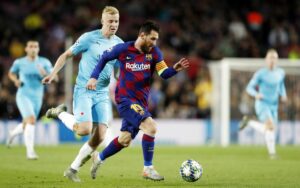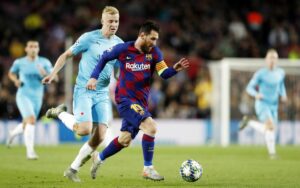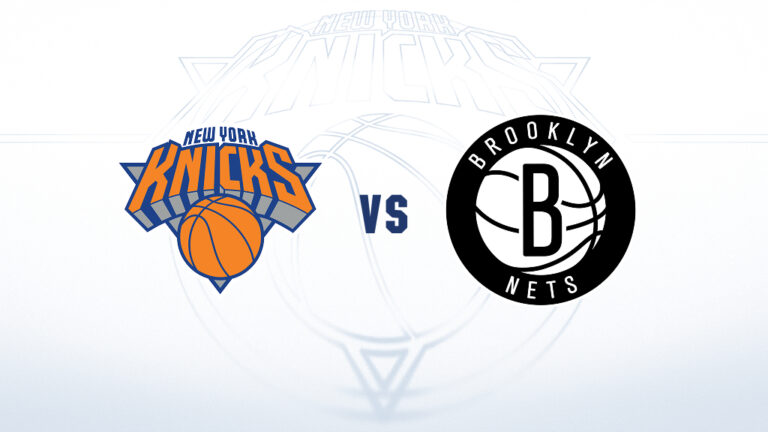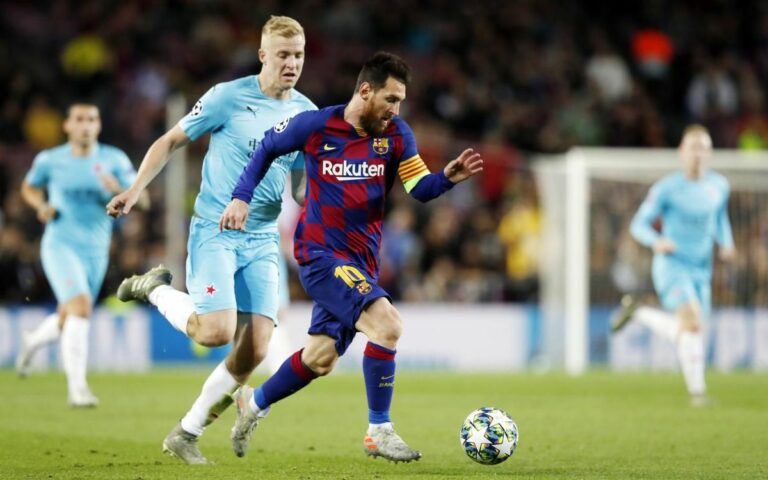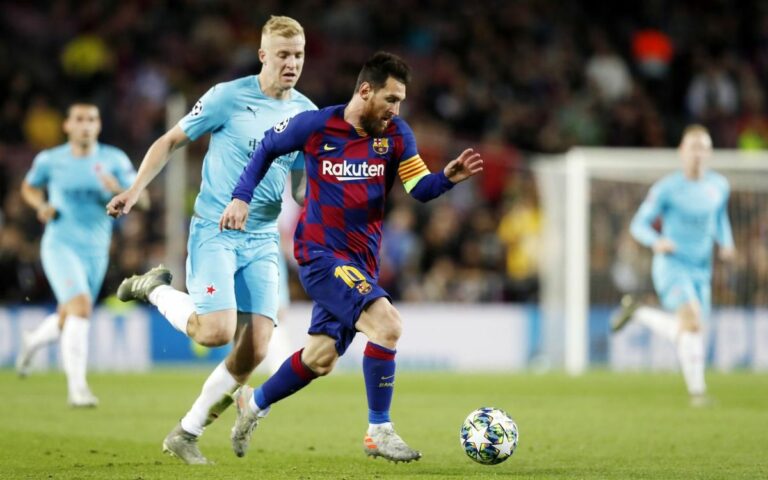Pope Francis vs. JD Vance: A Clash of Ideals and Morality
In recent months, the discourse around JD Vance and Pope Francis has sparked significant interest and debate. This clash isn’t merely a political tête-à-tête; it’s a profound confrontation of values, moral responsibilities, and societal obligations. As both figures have claimed the spotlight, understanding their perspectives can shed light on the evolving landscape of American politics and its intersection with global religious viewpoints.
Different Backgrounds, Divergent Views
JD Vance, a venture capitalist, author, and now a U.S. Senator from Ohio, has made headlines through his investment in the future of America’s working class, often rooted in traditional conservative ideologies. His book, “Hillbilly Elegy,” brings to light the struggles of working-class Americans, emphasizing personal responsibility and cultural values. Conversely, Pope Francis, the leader of the Catholic Church, advocates for love, compassion, and social justice, often calling for a more empathetic and inclusive approach to some of the most pressing humanitarian issues of our time.
Values in Conflict
The contrasting values between Vance and Pope Francis can be seen most sharply in their responses to poverty and societal inequality. Vance’s approach often emphasizes individual effort and the importance of personal accountability, while Pope Francis critiques the societal structures that perpetuate these inequalities. According to a recent piece in La Croix International, this ideological disparity raises questions about the moral responsibility of those in power. While Vance champions the narrative of self-sufficiency, Francis promotes community care and assistance for the most vulnerable.
The Role of Faith in Politics
At the heart of this clash is the role of faith in modern politics. Vance, while he draws on his own Christian beliefs to inform his political views, often exhibits a fusion of personal conviction and political pragmatism. In contrast, Pope Francis approaches political issues through a distinctly religious lens, stressing the imperative to serve others and to act justly. This fundamental difference is a source of tension, particularly in discussions surrounding immigration, social welfare, and economic policy.
Public Perception and Influence
Public reaction to both figures reveals a divided populace. Vance’s supporters appreciate his straightforward approach to American issues, while many detractors view his stances as lacking compassion and understanding. Conversely, Pope Francis’s advocacy for a more humanitarian approach has garnered him both admiration and criticism, particularly among conservative factions who argue that his views on immigration and social justice conflict with traditional Catholic teachings.
Implications for Future Governance
This dynamic is not just theoretical; it holds real implications for how policies are shaped in the coming years. As American society grapples with its identities and priorities, the conversations led by influential figures like Vance and Pope Francis can serve either to unite or to further divide. Policy moves on expensive issues—such as healthcare, immigration, and education—are continuously affected by the prevailing narratives put forth by these leaders.
A Call for Reflection
The dialogue between Pope Francis and JD Vance encourages Americans to reflect on their own values. Are we prioritizing individual success over communal well-being? Is the moral obligation of leadership to preserve individual freedoms solely, or should it extend toward protecting and nurturing every member of society? As Vance and Francis continue to clash, they highlight profound questions that transcend partisan politics and delve into the sacred realm of moral leadership and its implications.
The Bigger Picture: Existence Beyond Politics
At its core, the differences between Pope Francis and JD Vance remind us that the work of societal betterment is more profound than politics itself. It requires an understanding of our shared human experience and a commitment to uplift our communities. This ongoing clash is a microcosm of the larger fight for the soul of America, showcasing the urgent need for a moral narrative pluralism in our divisive age.
Conclusion
Ultimately, the clash between Pope Francis and JD Vance is emblematic of the larger ideological divides within American society today. As leaders, they have both evocated powerful responses that affect real change in politics, faith, and community engagement. Following their debates and responses may offer valuable insights into the future of American governance and moral leadership, encouraging all of us to consider the moral implications of our choices in governance and everyday life.

